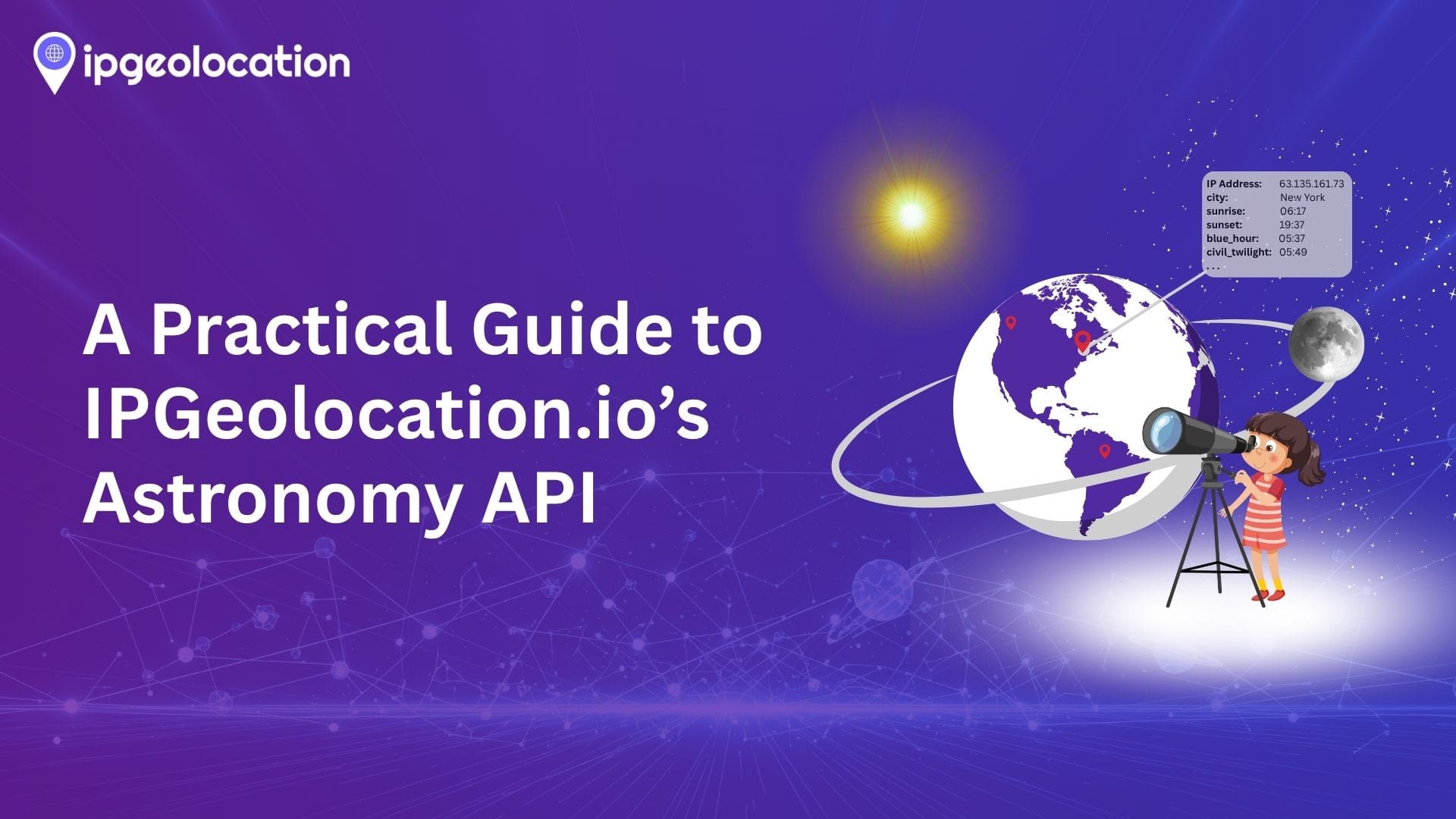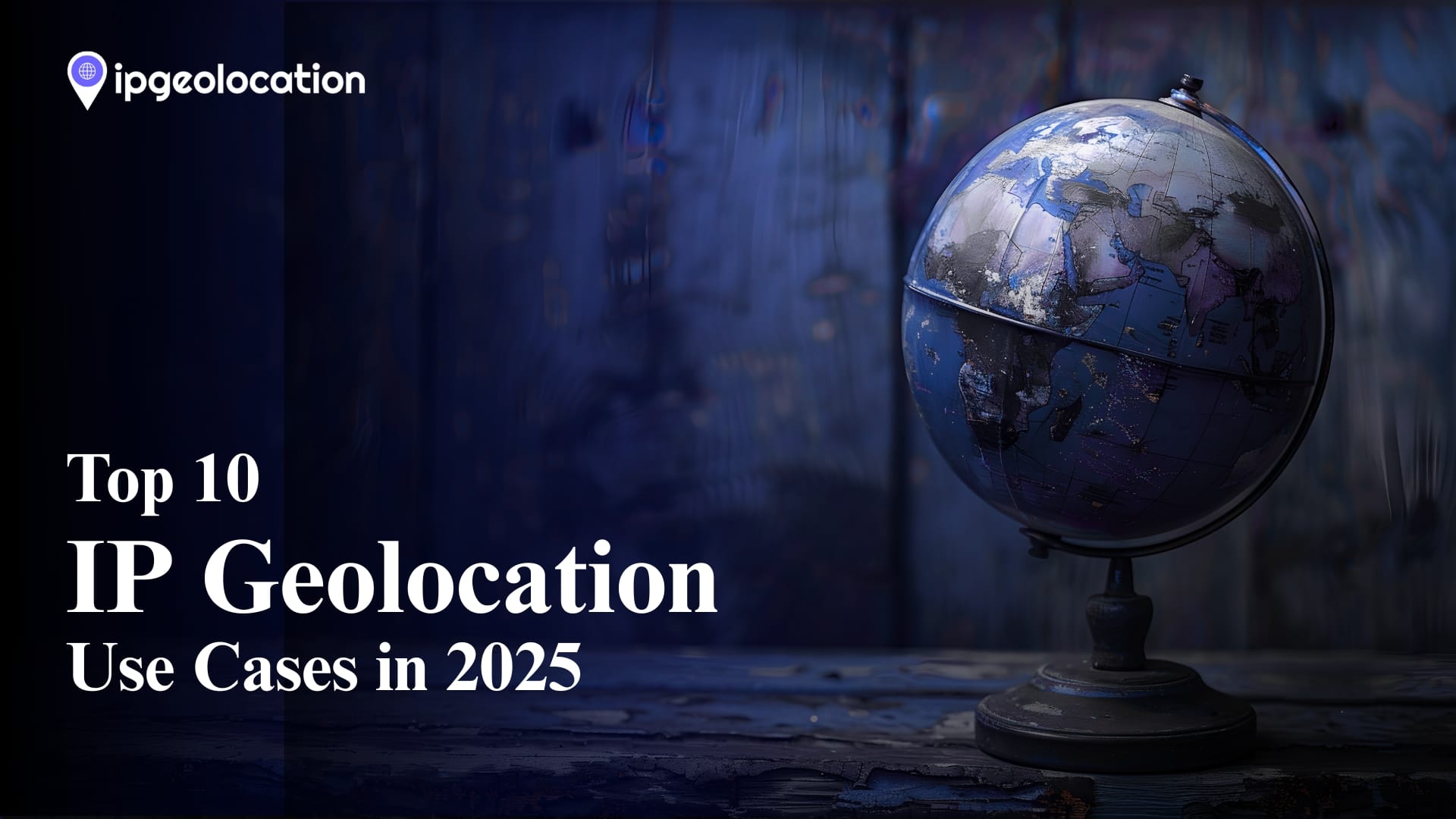Geolocation.
A technology that has been there for hundreds of years but in its crude form.
Today it has evolved into a state we would never even have dreamed of 60 years ago.
Maps have transformed from insanely large sheets of paper to something that fits in the palm of your hand.
And they aren’t being used only for finding the next exit to Cleveland, but they are being used to find everything:
Closest Starbucks.
Directions to the pharmacy.
Or the venue of Pink’s concert in San Francisco.
And the transformation of this technology will not stop here. It will get better and more accurate.
Let’s take a look at how the evolution of geolocation started. The journey of geolocation starts with the beginning of time.
A brief history of Geolocation and its evolution:
Ancient Greeks used to triangulate their location using the positioning of stars. They used stars as their guides when traveling. They used stars like Polaris(the North Star) or Sirius to locate themselves while traveling.

Fast forward a lot of years and the first practical radar system was invented by Sir Robert Watt in 1935.
In 1989, the USA launched the very first GPS satellite for commercial use.
The progression of this technology was speedy from there onwards. In just 10 years, Benefon Inc became the first company to introduce the first commercially available mobile phone with built-in GPS.

It’s 2019, and we have come a long way since Benefon.
You can find your lost pets with collars that have built-in GPS.
You can play Pokemon Go.
You can find your favorite burger joint’s location from the comfort of your couch.
This is how we use this technology individually in our daily lives. Geolocation is being used on much bigger scales by businesses to track and target the right users and increasing their sales.
But there are many non-techies who go blank when the word IP Geolocation API is mentioned. So, the first order of business: break-down this term into digestible definitions.
What is geolocation?
According to Wikipedia,
“Geolocation is the identification or estimation of the real-world geographic location of an object, such as a radar source, mobile phone, or Internet-connected computer terminal. In its simplest form geolocation involves the generation of a set of geographic coordinates and is closely related to the use of positioning systems, but its usefulness is enhanced by the use of these coordinates to determine a meaningful location, such as a street address.”
In short, geolocation is your physical address on the planet.
What is an IP Address?
IP is an acronym for Internet Protocol. An IP address is a uniquely identifiable label for each device connected to a computer network.
Or simply put, an IP is your virtual address.
Wherever in the world, you use the internet, you will be assigned an IP address.
The numbers in an IP address are divided into two parts: one part contains your network identity and the second part contains your location information.
While dealing with IPs, you will see 2 types of IP addresses:
0.0.0.0 is an IPv4 address
And 2001:db8:85a3::8a2e:370:7334 is an example of an IPv6 address.
What is an API?
API is short for Application Programming Interface.
It is a set of functions that allows apps to communicate with each other. You have seen sites that allow you to sign up with Facebook or Twitter (or any external platform). That relationship between that site and Facebook is created by the use of an API.
To understand how an API works, Mulesoft can be of great help.
So, now that we know what geolocation, IP, and API are, I present to you IP Geolocation API.
What is IP Geolocation API?
An IP Geolocation API is a little piece of code (API) that helps identify a user’s approximate physical location using his virtual address(IP). IP Geolocation is the technique of finding the approximate physical location of an internet connected device through an address and IP Geolocation API is the availability of this technique in the form of an API.

Use-cases of IP Geolocation (a quick overview)
If you are a marketer, you can use the information from this API and direct your marketing efforts in the right direction. Literally.
Online sellers may use IP geolocation to track any potential credit card fraud. This is done by matching the IP address of the buyer with the shipping/billing address he has entered.
For example, if the shipping address entered is in Srilanka, but the IP address tells us the visitor’s location as Australia, it may be marked as a fraud.
Law enforcement services use IP geolocation to track online criminal activity and to prevent future misdemeanors.
Geofencing is “putting a fence” around content that is licensed to show in particular regions. You may have come across sites that say “This content has been blocked from viewership in your region.”
Yeah, that sucks.
For example, Torrentz is blocked in India, latest Jimmy Kimmel videos are blocked in Southeast Asia, and Pokemon Go was initially allowed to be played in the USA (but it’s been released in more than 60 countries).

There are many large e-commerce sellers using this technology successfully and getting really awesome results. I have compiled a list of some such stores to show how they are doing an amazing job of marketing with IP geolocation.
IP Geolocation is a handy magic trick that has opened up new possibilities for online businesses. And while it is magical, what really matters is how intelligently you use it to get the maximum benefit out of it.
There are several services out there that provide IP geolocation API’s. But you can’t trust all of them. Some of them are too pricey and some are not accurate enough. What small businesses (and even budget-conscious big corporates) need is a robust solution that won’t burn a hole in your pocket.
We realized this issue when we were on the buying end and we got to know how expensive an accurate service can be.
ipgeolocation.io was created not only to provide you an economical but also an accurate API solution. We have helped businesses of all sizes incorporate our geolocation API into their infrastructure to give optimum results.
If you want to integrate this API with any web application relevant to your business, just give us a shout at support@ipgeolocation.io or tweet at us.
And if you want some market-y and business-y advice, you can email me at rameez@ipgeolocation.io. I reply really fast!
















